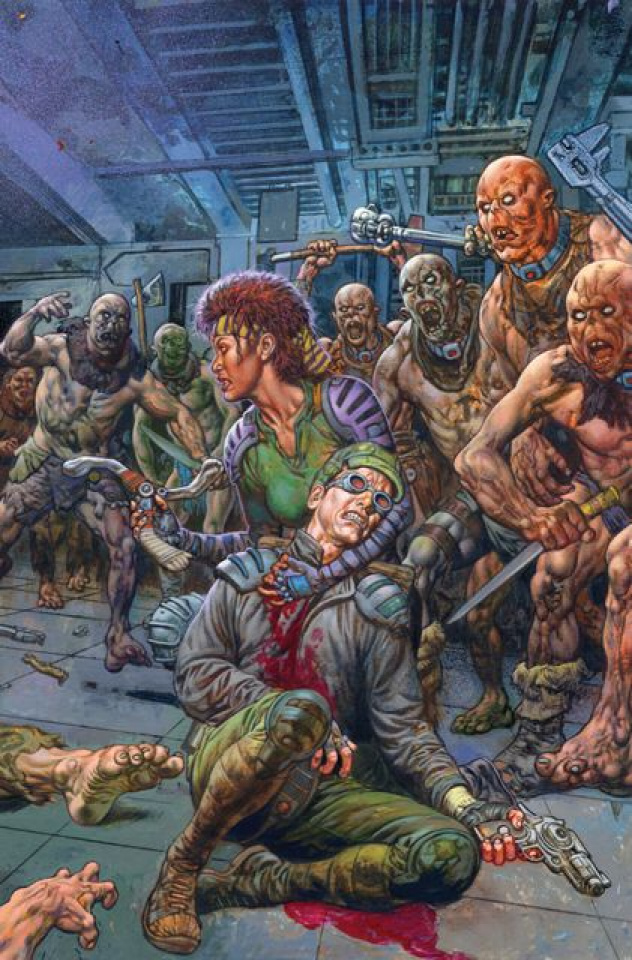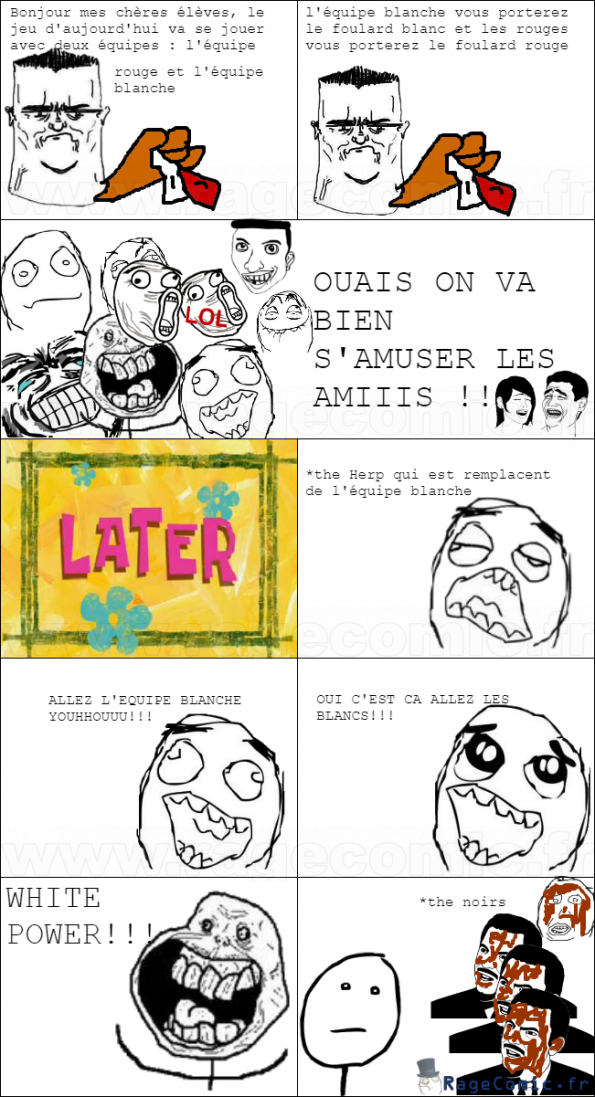

The simultaneous expression of comedy and militancy enables artists to reject the mainstream perspective by confronting white audiences with America's legacy of racial oppression.

(I am sorry if my drawing is shit) By ToastOnMemedroid 04:00. If you heard of the LOL drowing sign, I made a rage comic out of it. At the center of comic rage, then, is a full-throated embrace of African American folk life and cultural traditions that have emerged in defiance of white hegemony's attempts to devalue, exploit, or distort those traditions. 79 (675) meme Funny lol I funny sucks hmmmm nuggiessaucesandjuice Rage comics fuckyouandyourtags. They perpetuate images of black culture that run the risk of confirming stereotypes as a means to ridicule whites for allowing those destructive depictions to reinforce racist hierarchies. Their work, Tucker argues, shares a comic vision that centralizes the African American experience and realigns racial discourse through an unequivocal frustration at white perceptions of blackness. He examines its role in novels and plays, following the growth of the expression into comics and stand-up comedy and film, where Richard Pryor, Spike Lee, Whoopi Goldberg, and Chris Rock have all used the technique. In Furiously Funny, Tucker finds that comic rage developed from black oral tradition and first shows up in literature by George Schuyler and Ralph Ellison shortly after World War II. Sparkling and highly readable scholarship."-Keith Gilyard, author of John Oliver Killens: A Life of Black Literary Activism A combustible mix of fury and radicalism, pathos and pain, wit and love-Terrence Tucker calls it "comic rage," and he shows how it has been used by African American artists to aggressively critique America's racial divide. Maus, coeditor of Post-Soul Satire: Black Identity after Civil Rights "Adroitly explores how comic rage is a skillfully crafted, multifaceted critique of white supremacy and a soaring articulation of African American humanity and possibility. Tucker's demonstration of how the comic is not (just) funny and how rage is not (just) destructive is a welcome reminder that willful injustice merits irreverent scorn."-Derek C.

"An important and timely expansion of American racial discourse.


 0 kommentar(er)
0 kommentar(er)
